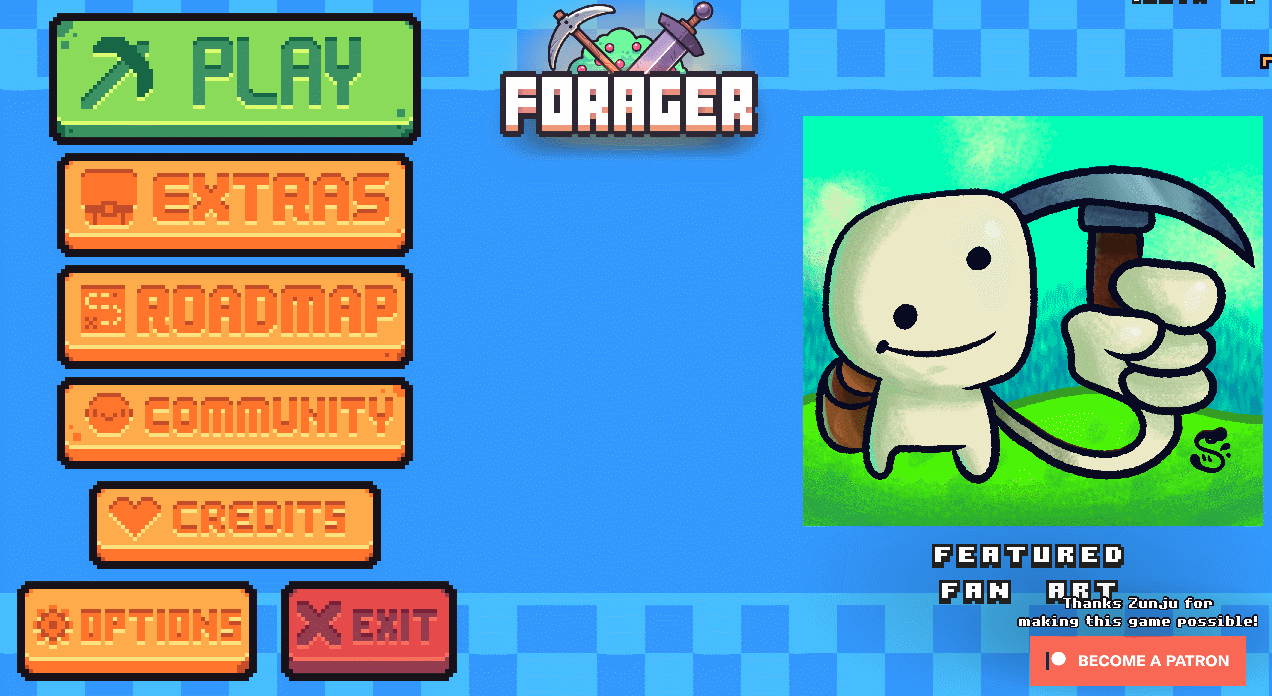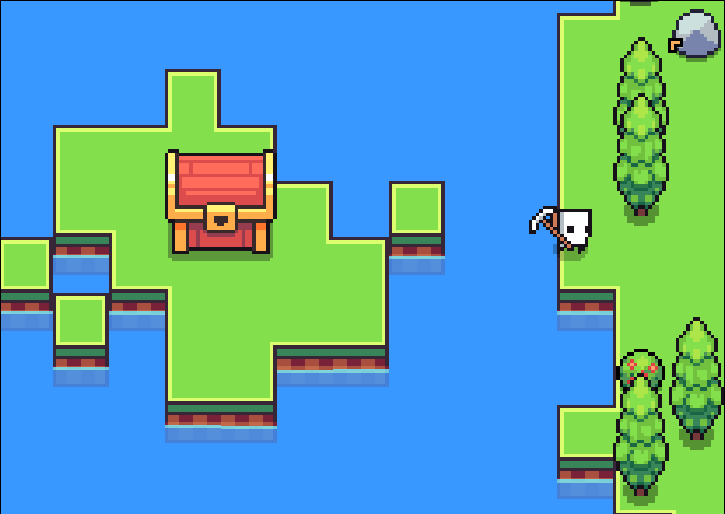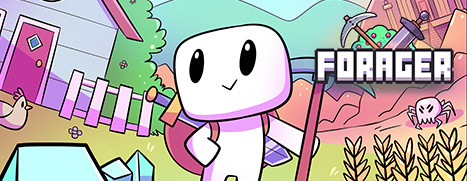
Apr 22, 2019
Forager - HopFrog

General Notes / Reminders
- If you have a bug to report, please report it on our Steam subforum or via the !bugreport command in our Discord server. We are currently receiving too many DM's and emails to possibly answer, and we want to make sure all your issues are addressed! Additionally, please be sure to look on our Trello board before reporting a bug -- many issues that are reported are already logged there!
- For players who are getting stuck in water/objects, we are now testing a new feature which will attempt to free you when loading a save. If you get stuck, simply exit to menu and reload the save!
- Our last patch's fix for the rainbow puzzle only pertains to save files that have not already lost mushrooms. There are a few issues with the rainbow puzzle (most notably how it is inaccessible to colorblind players), and we are currently discussing how we wish to address this. We hope to update you on this soon!
- If your computer shuts down while playing Forager, and your save files no longer open, there is nothing we can do to fix this! A computer shutdown, while the game is saving, will forever corrupt the savefiles (this is why games ask you not to turn off the machine while the game saves, by the way!). If you are having trouble deleting your save data, open the game, delete the saves, then press the "PLAY" button on the main menu.
- The Waterproof feat is obtainable right now, but due to a bug, the feat only checks for completion when you place a landfill, not a bridge. To get around this, just make sure that your final block placed is landfill. We will look into fixing this in the future, and also making it easier to find your last missing water tiles!
- Some users have reported that they are not getting Steam achievements. Most of these users have had the issue resolved by enabling their Steam overlay. We will try to see if there are ways we can work around this! Currently, an achievement will only unlock if Steam gets the request when you first get the achievement, but we will look into having Steam check them all when you load your saves in the future!
Features / Quality of Life
- Lowers the maximum resource spawn number slightly more (to prevent resource overcrowding).
- Allows the coin counter to distinguish between quadrillions and quintillions (because apparently you guys actually need this, yes, we're impressed!)
Bug Fixes / Stability
- Fixes various crashes
- Fixes a bug where standing by the Jester makes your UI disappear
- Stops bridges from popping into the view too late if you're running too fast
- Updates corrupt save error messages to be clearer
- Adds an anti-softlock system when loading saves
- Fixes an issue where chests would spawn in unobtainable places in the museum
- Allows bridges to be built on the left side of the map
- Fixes most occurrences of collisions not working when the player is off the camera
That's it for now!
I will write a post soon gathering some of my thoughts about Forager's reception and what the future of the game looks like. Stay tuned!
Thank you so much for your support and Happy Foraging!






















